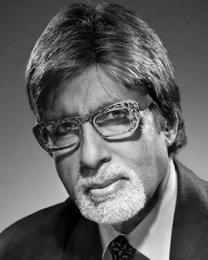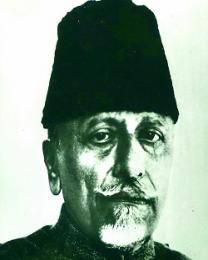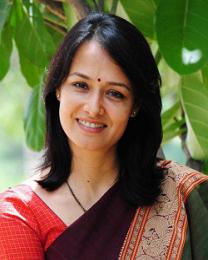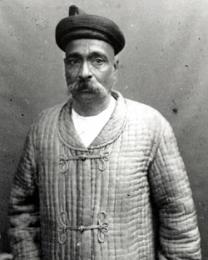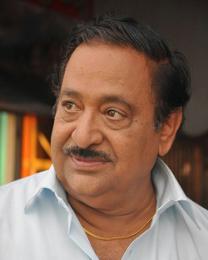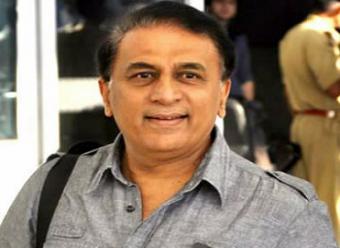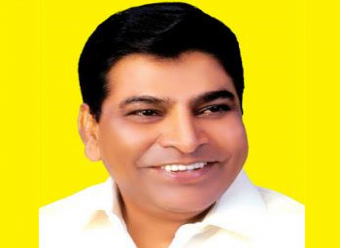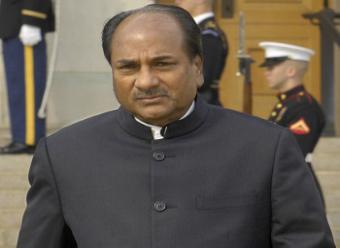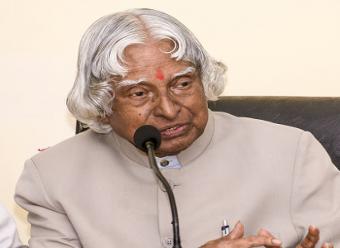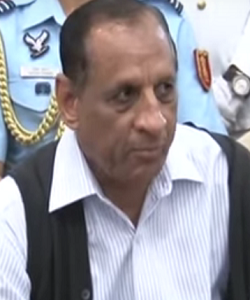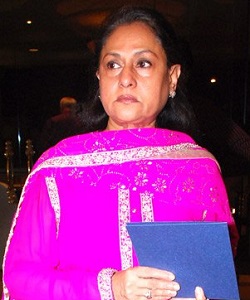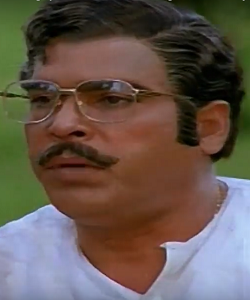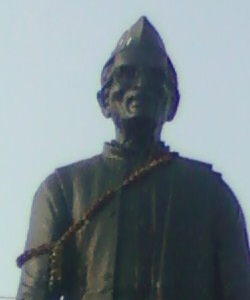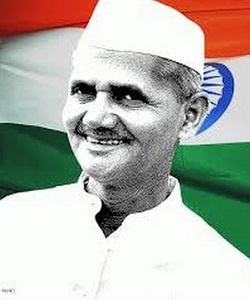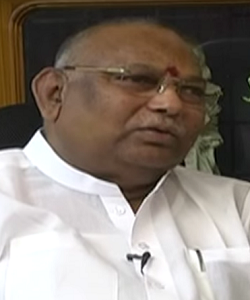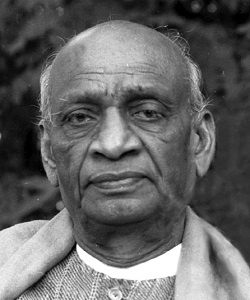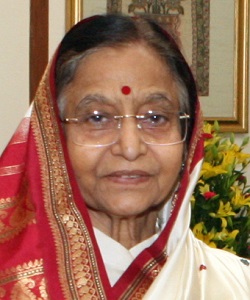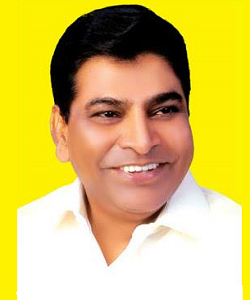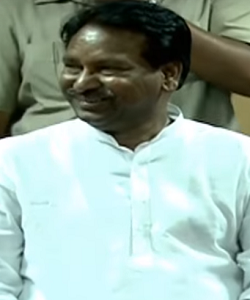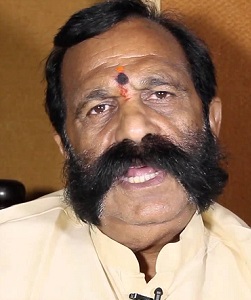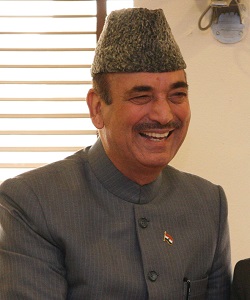Birth Name : Abul Kalam Muhiyuddin Ahmed Azad
Date of birth : 11/11/1888
Place of birth : Mecca, Hejaz Vilayet, Ottoman Empire
Category : Politicians
Early Life
His mother was the daughter of a rich Arabian Sheikh and his father, Maulana Khairuddin, was a Bengali Muslim of Afghan origins. Azad had his initial formal education in Arabic, Persian and Urdu with theological orientation and then philosophy, geometry, mathematics and algebra. He also learnt English language, world history, and politics on his own. he was publishing a poetical journal "Nairang-e-Aalam" at the age of twelve and, in 1903 he brought out a monthly journal, "Lissan-us-Sidq", which gained popularity. At the age of thirteen, he was married to a young Muslim girl 'Zulaikha Begum'.
As A Journalist
He established an Urdu weekly newspaper in 1912 called "Al-Hilal" and it is attacked by the British policies while exploring the challenges facing common people. Espousing the ideals of Indian nationalism, Azad's publications were aimed at encouraging young Muslims into fighting for independence and Hindu-Muslim unity. Azad's work helped to improve the relationship between Hindus and Muslims in Bengal. Azad started a new journal, the "Al-Balagh", which increased its active support for nationalist causes and communal unity. In this period Azad also became active in his support for the Khilafat agitation to protect the position of the Sultan of Ottoman Turkey, who was the caliph for Muslims worldwide. In 1916, the government banned this paper too and expelled Maulana Abul Kalam Azad from Calcutta and interned him at Ranchi from where he was released after the First World War in 1920.
Independence Movement
Maulana Azad reached Bihar, he was arrested and put under house arrest. This detention continued till December 31, 1919. After his release on January 1, 1920, Azad entered to the political atmosphere and actively participated in the movement. In fact, he continued to write provocative articles against the British Government. The implementation of the Rowlatt Act in 1919 added fuel to the fire and raised the intensity of the participation of common people in the nationalist movement. Consequently, thousands of political activists had been arrested and many publications were banned. Extending his support to Mahatma Gandhi and non-cooperation movement, Maulana Azad joined the Indian National Congress in January 1920. He presided over the special session of Congress in September 1923 and was said to be the youngest man elected as the President of the Congress.
Political Career
He was important national leader of the Indian National Congress Party. He also served as the member of Congress Working Committee and in the offices of general secretary and president for numerous occasions. In 1928, Azad endorsed the Nehru Report, formulated by Motilal Nehru. Interestingly, the Motilal Nehru Report was severely criticized by number of Muslim personalities involved with the freedom movement. In 1930, Maulana Azad was arrested for violation of the salt laws as part of Gandhiji's Salt Satyagraha. He was put in Meerut jail for a year and a half. After Independence He was appointed as India's first Minister for Education and inducted in the Constituent Assembly to draft India's constitution.
Death
He was died on February 22, 1958. For his invaluable contribution to the nation, Maulana Abul Kalam Azad was posthumously awarded India's highest civilian honor, Bharat Ratna in 1992.



